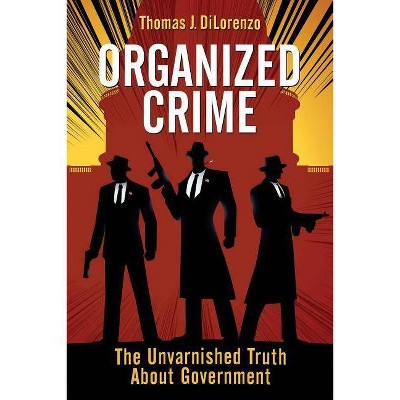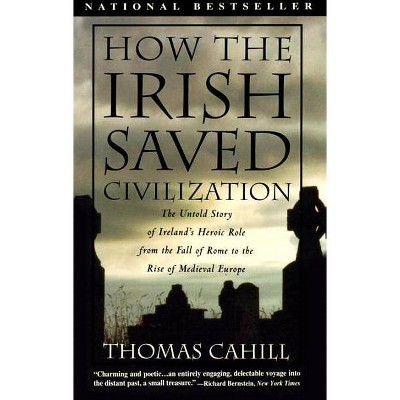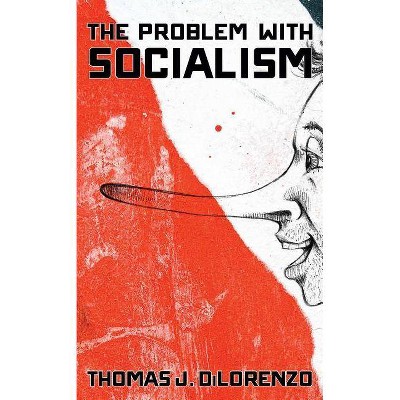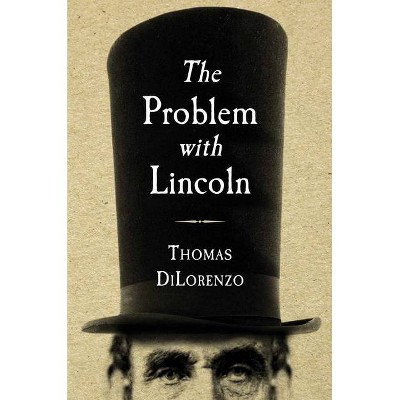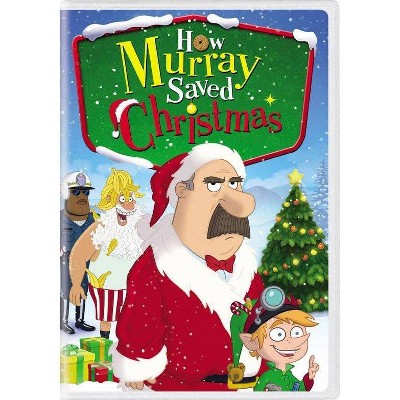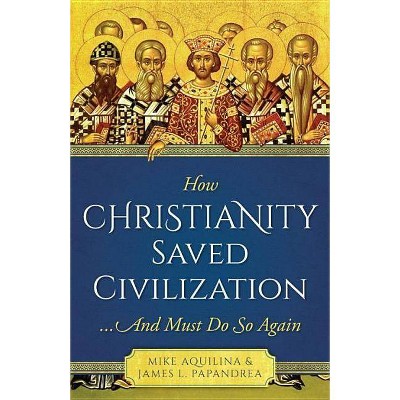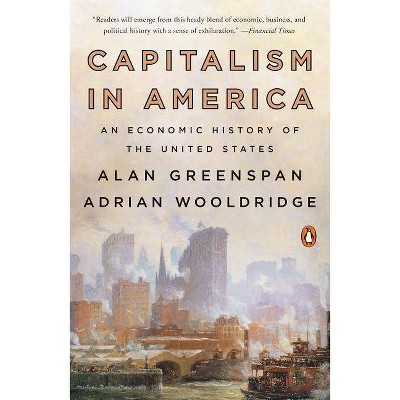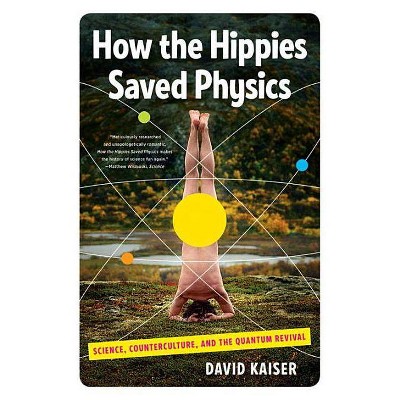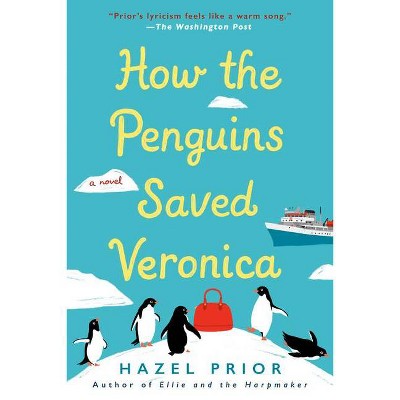How Capitalism Saved America - by Thomas J Dilorenzo (Paperback)
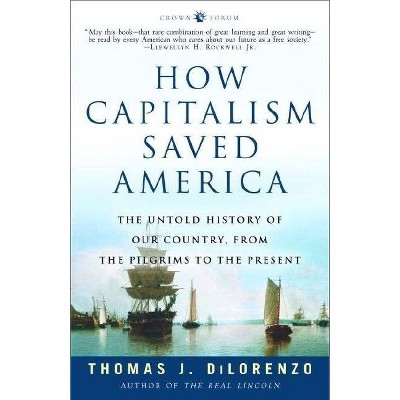
Similar Products
Product info
<p/><br></br><p><b> Book Synopsis </b></p></br></br>Here's the real history of our country. <i>How Capitalism Saved America</i> explodes the myths spun by Michael Moore, the liberal media, Hollywood, academia, and the rest of the anticapitalist establishment. <p/>Whether it's Michael Moore or the <i>New York Times</i>, Hollywood or academia, a growing segment in America is waging a war on capitalism. We hear that greedy plutocrats exploit the American public; that capitalism harms consumers, the working class, and the environment; that the government needs to rein in capitalism; and on and on. Anticapitalist critiques have only grown more fevered in the wake of corporate scandals like Enron and WorldCom. Indeed, the 2004 presidential campaign has brought frequent calls to re-regulate the American economy. <p/>But the anticapitalist arguments are pure bunk, as Thomas J. DiLorenzo reveals in<b><i> </i></b><i>How Capitalism Saved America</i>. DiLorenzo, a professor of economics, shows how capitalism has made America the most prosperous nation on earth--and how the sort of government regulation that politicians and pundits endorse has hindered economic growth, caused higher unemployment, raised prices, and created many other problems. He propels the reader along with a fresh and compelling look at critical events in American history--covering everything from the Pilgrims to Bill Gates. <p/>And just as he did in his last book, <i>The Real Lincoln</i>, DiLorenzo explodes numerous myths that have become conventional wisdom.<b> </b><i>How Capitalism Saved America</i><b> </b>reveals: <p/>- How the introduction of a capitalist system saved the Pilgrims from starvation<br>- How the American Revolution was in large part a revolt against Britain's stifling economic controls<br>- How the so-called robber barons actually improved the lives of millions of Americans by providing newer and better products at lower prices<br>- How the New Deal made the Great Depression worse<br>- How deregulation got this country out of the energy crisis of the 1970s--and was not the cause of recent blackouts in California and the Northeast<br>- And much more <p/><i>How Capitalism Saved America</i> is popular history at its explosive best.<p/><br></br><p><b> Review Quotes </b></p></br></br><br><b>Finalist for Laissez Faire Books' 2005 Lysander Spooner Award for Advancing the Literature of Liberty</b> <p/>"Thank heaven then for economist Tom DiLorenzo . . . a modern-day Adam Smith." --<i>Washington Times</i> <p/>"A brilliant exposé." --<i>National Post</i> (Canada) <p/>"A welcome response to the barrage of uninformed attacks on the private enterprise system." --Murray Weidenbaum, former chairman of the Council of Economic Advisers <p/>"Argues provocatively that FDR's policies made the Depression worse in the 1930s." --Larry Kudlow, CNBC's <i>Kudlow & Cramer</i> <p/>"Provides a great service by reminding everyone of how integral free markets have been to our liberty and advancement." --Bernard Chapin, lewrockwell.com <p/>"Consistent and well reasoned . . . Highly recommended." --<i>Library Journal</i> <p/>"Should be required reading in every course on American history." --George Reisman, professor of economics, Pepperdine University <p/>"All those interested in exposing the fallacies of statism and defending the free market should buy at least two copies of this book--one for themselves and one for their congressman." --The Honorable Ron Paul, U.S. House of Representatives <p/>"May this book--that rare combination of great learning and great writing--be read by every American who cares about our future as a free society." --Llewellyn H. Rockwell Jr.<br><p/><br></br><p><b> About the Author </b></p></br></br>Thomas J. DiLorenzo, the author of <i>The Real Lincoln</i>, is a professor of economics at Loyola College in Maryland and a member of the senior faculty of the Mises Institute in Auburn, Alabama. He has written for the <i>Wall Street Journal</i>, <i>Barron's</i>, <i>Reader's Digest</i>, <i>USA Today</i>, and the <i>Washington Post</i>.
Price History
Price Archive shows prices from various stores, lets you see history and find the cheapest. There is no actual sale on the website. For all support, inquiry and suggestion messagescommunication@pricearchive.us
